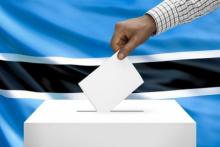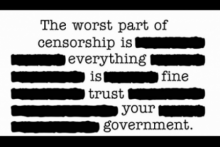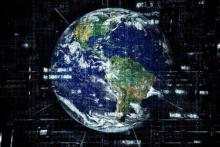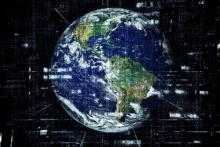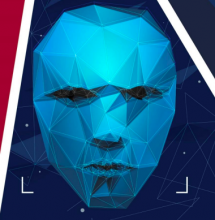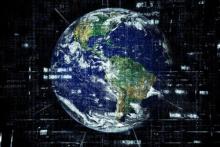AS BOTSWANA HEADS TO THE POLLS, COMPETITIVE ELECTIONS HIGHLIGHT NEED TO STRENGTHEN MEDIA AND DATA LAWS
An electorate ought to be empowered to make their own political and socio-economic decisions, and as such, a public sphere where information is transmitted, received and debated should be protected and augmented by policy-makers as a bipartisan issue to guard against any potential anti-democratic forces that technological proliferation has the potential to foster, particularly in times of heightened pressure including elections. Botswana, often heralded as the so-called "African poster child", is no exception.
